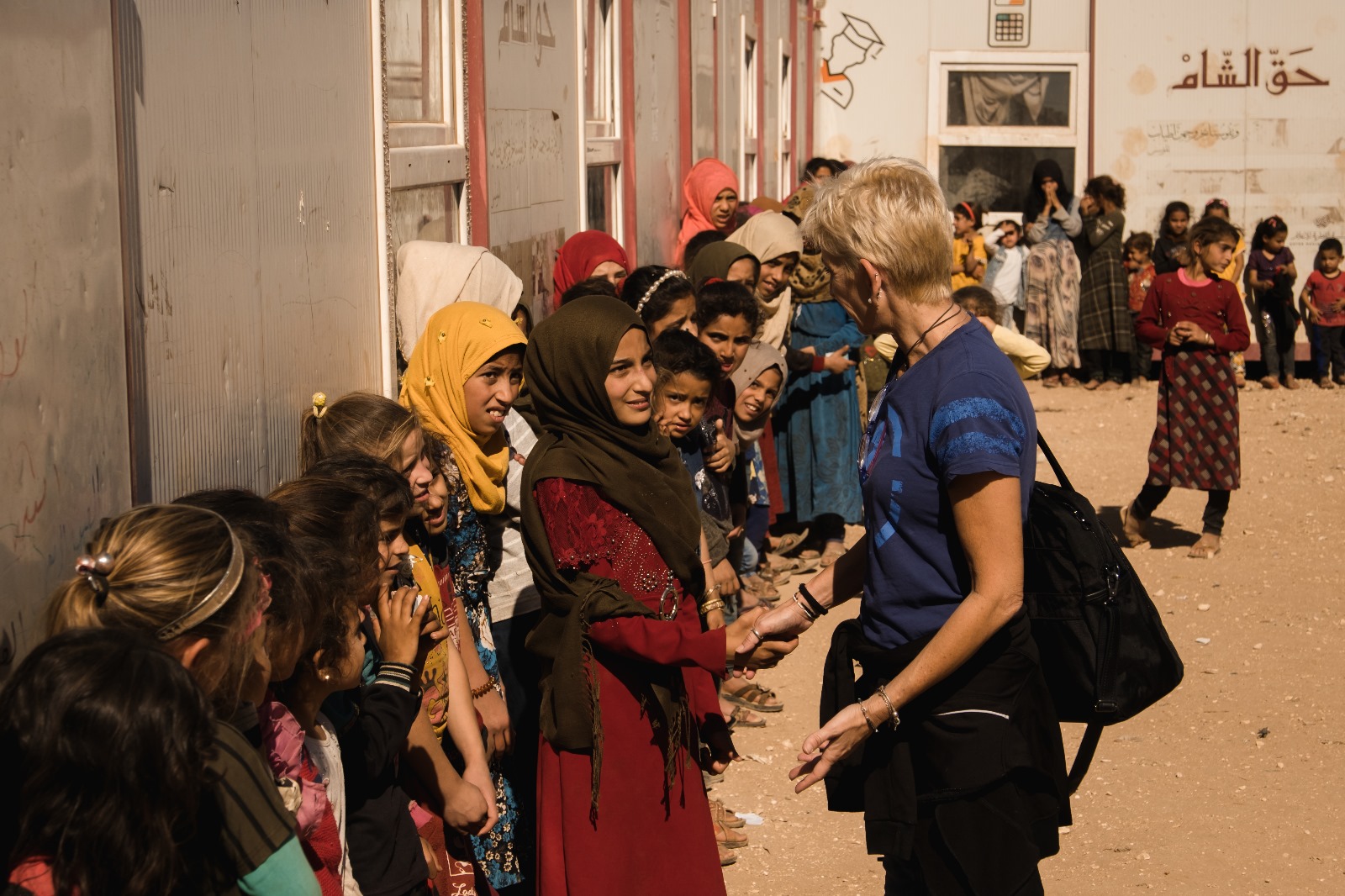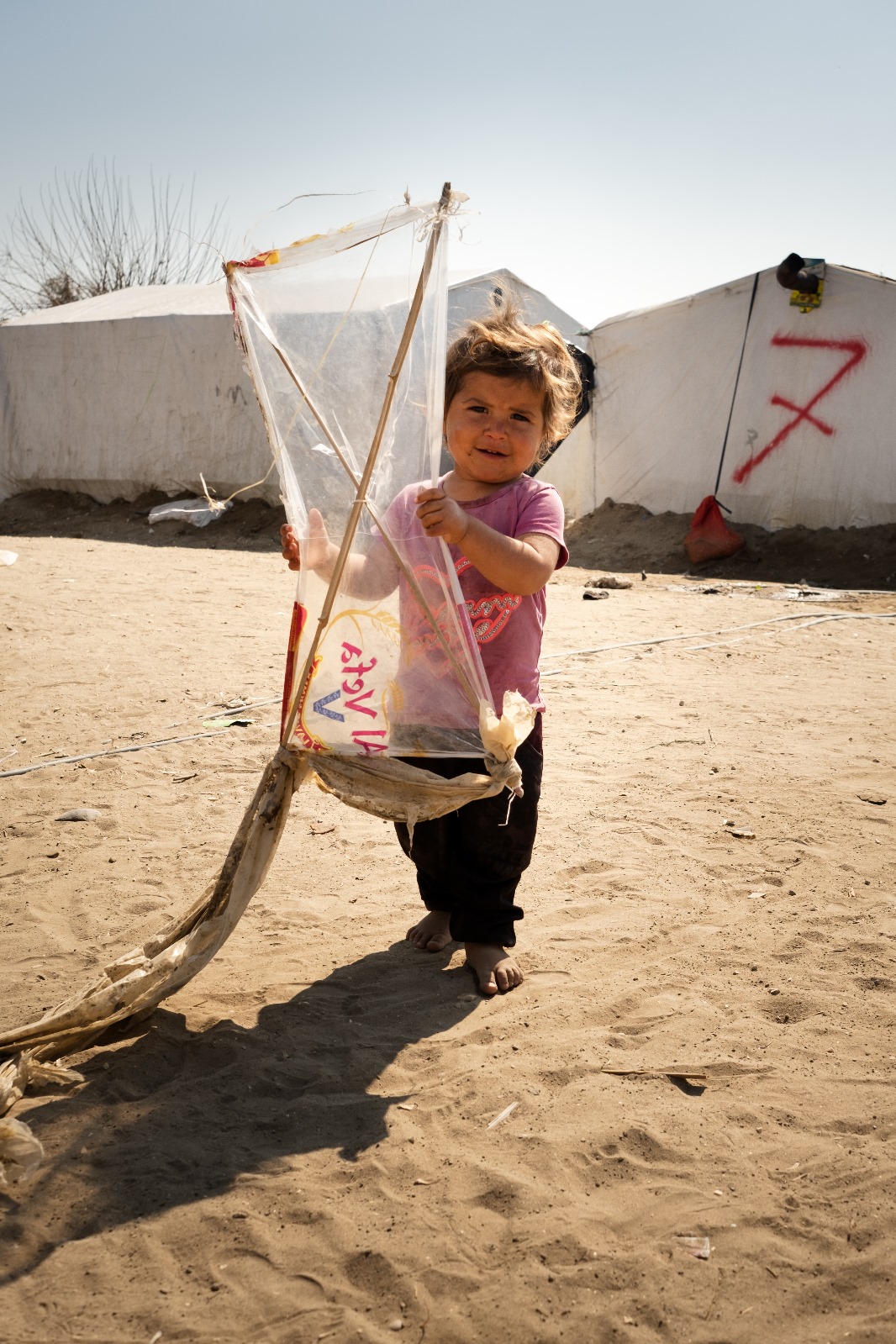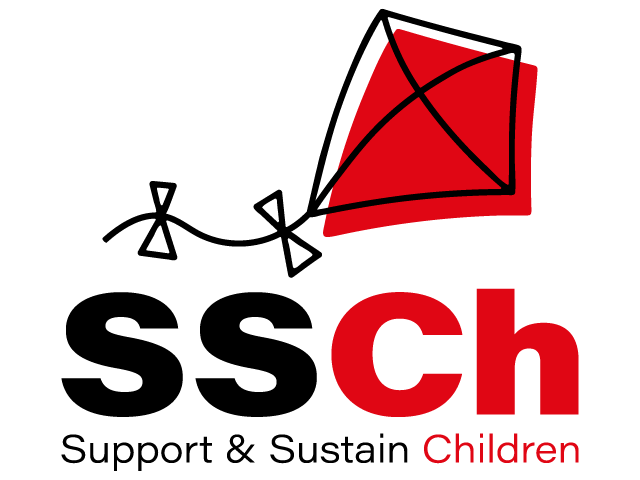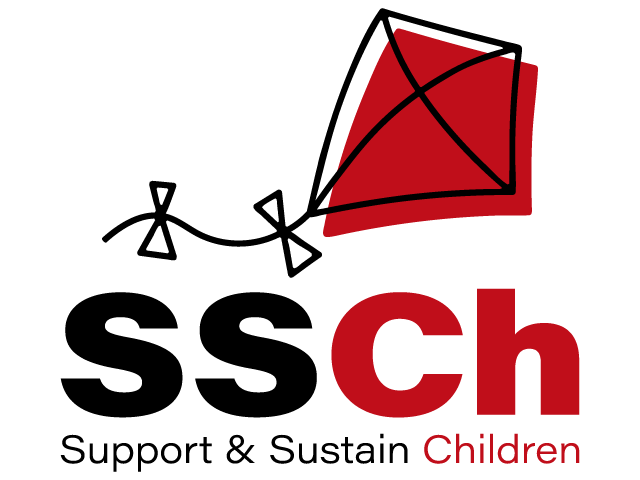Along the Turkish-Syrian border there are refugee camps without any official support and recognition.
In these contexts of extreme degradation, children are the most exposed because they lack the essentials: water, food, medical care, shelter and education.
Syria

The Syrian civil war, which began on 15 March 2011, has caused the flight of over 6 million people, of which 4.5 million are dispersed in areas where there is a lack of reception facilities and subsistence goods. SSCh has decided to support two projects in this tormented country: the pediatric clinic inside the Bab Al Salam refugee camp and the AMAN Project dedicated to women left alone and unable to provide for themselves and their children.
Ongoing projects
Turkey

Turkey hosts more than half of the 6 million Syrians displaced by the war. There are refugee camps financed by UNHCR and managed by Afad, the Turkish government agency whose assistance programs nevertheless meet the primary needs of approximately 300,000 Syrians. The most difficult situation is that of those who live outside the official camps.
SSCh has been operating for 10 years in one of the spontaneous camps that arose along the Turkish-Syrian border. These camps differ from government ones due to the total absence of humanitarian aid. The living conditions are unimaginable. SSCh is the only company that takes charge of these ‘invisible’ places by entering and operating directly on site. It takes care of over 900 families for a total of 6000 people of which 4000 are minors. Among these, several hundred are orphans.
Ongoing projects in the spontaneous refugee camp
SSCh takes on the enormous difficulties of those who live in the camp in dramatic conditions on a daily basis. In this context, emergencies are countless and all of them are priorities. Dedicated resources and careful management of each individual aid are necessary in order to guarantee refugees – and children in particular – dignified living conditions. To achieve this objective and guarantee its continuity, projects are active which concern various areas of intervention: from food supplies, to medical care, to the management of cases of malnutrition and fragility, to education, to the procurement of basic necessities and any other emergency that may arise over time.
Madagascar

MADAPROJECT, A DROP AT A TIME
In Madagascar, 75% of the population lives on less than 2 dollars a day. Infrastructure is lacking. Political instability and a weak health system exacerbate the situation. ructure is lacking. Political instability and a weak health system exacerbate the situation. The current drought has caused a severe food crisis, affecting millions of people, including a million children suffering from acute malnutrition. Since October 2023, we bring potable water, our priority. In the near future, we aim to build water infrastructure and promote sustainable agricultural practices.
PROJECT ACTIONS:
The actions we have identified (in an area in the south of the island, about 15 km) aim to address the immediate and long-term needs of the population, tackling both the immediate consequences of the drought and the structural challenges related to poverty and food insecurity.
Gaza

GAZA, HELP NOW
In response to the emergency in Rafah, in GAZA, we are committed to providing vital aid. With our team on the ground, we deliver 500 food parcels weekly despite communication difficulties and risks. Focusing on children, we prepare nutritious meals and strive to distribute fresh vegetables. To address the water scarcity, we are planning the installation of water tanks to ensure an autonomous supply. As long as the conflict and emergency can be said to be over, we will be there.


